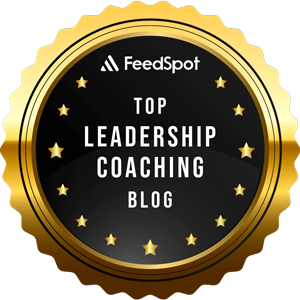The Value of Executive Coaching
This coaching specialty is here to stay—and for a good reason. These days, you would be hard-pressed to find someone in the business community who hasn’t heard of executive coaching. Indeed, executive coaches are becoming common in many of the world’s top companies. Yet, for the uninitiated, several questions remain about this type of specialized coaching and why it’s needed.
What Is Executive Coaching?
Executive coaching aims to develop executive-level skills that have significant and lasting effects on the individual and the organization. To be clear, executive coaching is not a feel-good exercise. When a professionally trained and qualified coach is enlisted, the process is truly demanding work with real bottom-line results. Ask anyone who has undergone executive coaching, and you’ll get plenty of anecdotal evidence to support what current research confirms: the return on investment can be truly remarkable.
Why Is It Needed?
An executive might seek a coach for various reasons, but clients generally hope to overcome obstacles and take dramatic strides in their performance. We often take for granted that executives will meet the growing demands of a dynamic business world because they are executives. But even executives need to develop new skills to succeed. Coaching helps executives move into new competencies by clearing the way for professional growth and measurable achievement.
Why Does It Work?
During times of change, most executives have few people they can discuss issues with—inside and outside the organization—and a lack of peer support may hinder performance. Executive coaching provides a confidential, focused environment for dealing with important issues. While a coach acts as a partner throughout the process, the client is accountable for the decisions made during each encounter and for transforming those decisions into action. This unique relationship encourages rigour in the executive’s decision-making and endows the permanent skills and confidence needed to tackle future challenges.
It needn’t be said that a confident, skilled executive is a boon to any organization. The ROI is even more impressive, considering that most engagements consist of 6 to 12 sessions over a six-month period. As more and more organizations catch on to the very real benefits of executive coaching, the question won’t be why do I need one of these specialists, but are there enough of them to meet the growing demand? So, plan on seeing more executive coaches around in the future, or, better yet, hire your own executive coach today and experience the results yourself.
For more information, contact greg@inscapeconsulting.com or view their webpage at http://www.inscapeconsulting.com









